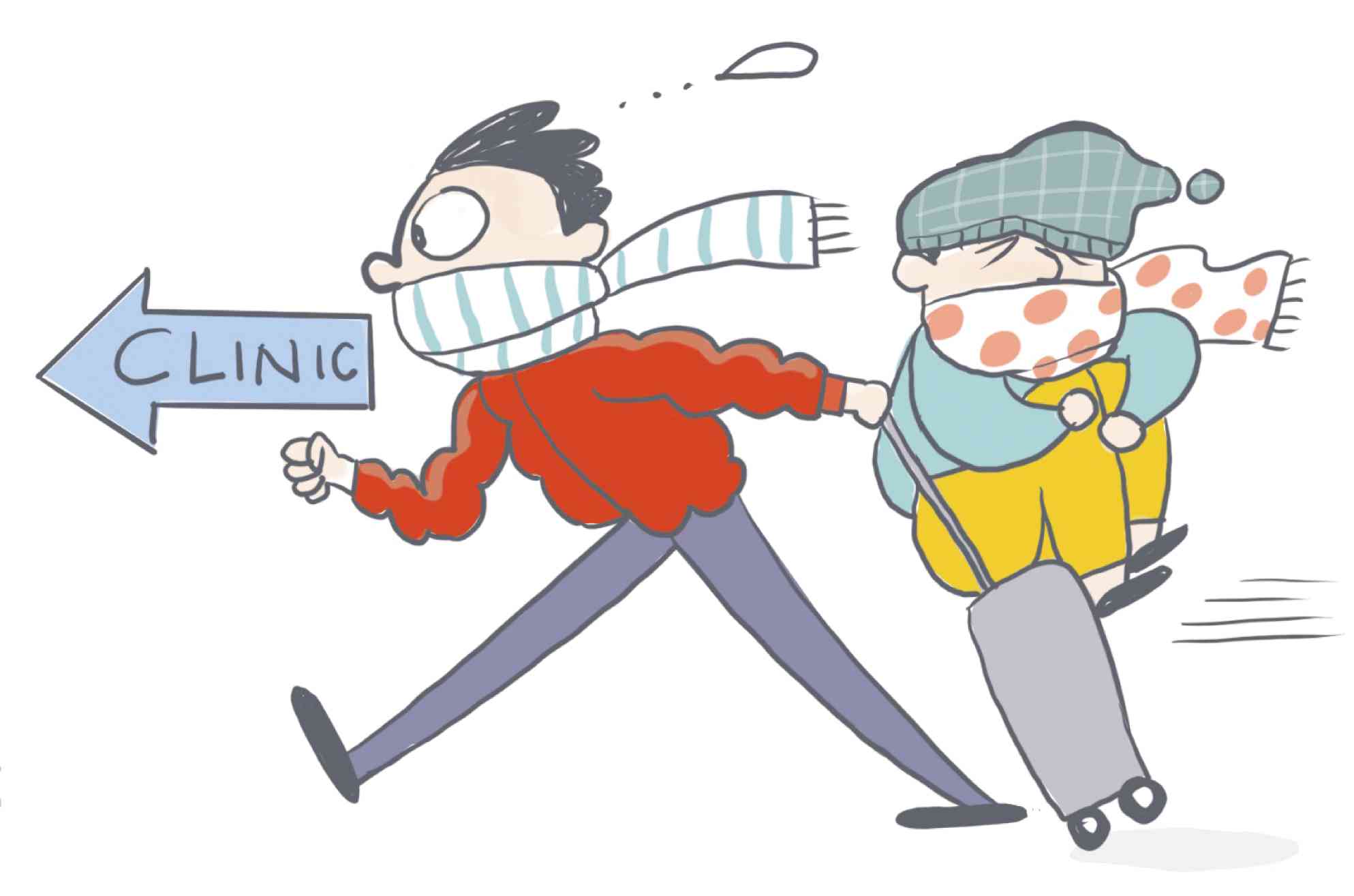Protect yourself and your living spaces from nCoV
The novel coronavirus (nCoV) outbreak and the anxiety it is causing the world feels like living in one of those doomsday movies.
Never have we been more terrified of a sneezing or coughing person. Surgical face masks are now a necessity as soon as one steps out of the house. We keep antibacterial soaps and antiseptic disinfectants within reach now more than ever.
Health maintenance organization Medicard Philippines, in line with its efforts to help the public become well-informed about health, wellness and safety, explained that coronaviruses (CoV) are a large family of viruses that cause illness ranging from the common cold to more severe diseases such as Middle East Respiratory Syndrome (MERS-CoV) and Severe Acute Respiratory Syndrome (SARS).
A new strain that has not been identified in humans, nCov was first thought of to be transmitted through animal contact. News reports, however, showed that this virus can also be acquired through human-to-human transmission. Severe cases of an nCoV infection can cause pneumonia, severe acute respiratory syndrome, kidney failure, and even death.
According to Medicard, common symptoms of infection include fever, cough, sore throat, runny nose, respiratory symptoms such as shortness of breath and breathing difficulties.
While the world is still awaiting for a vaccine to prevent an nCoV infection, the public is reminded that the best way to prevent infection is to avoid being exposed to the virus.
Medicard is thus advising everyone to:
practice frequent handwashing, use antibacterial soap or alcohol-based hand cleanser;
avoid unprotected contact with farm or wild animals;
practice proper cough etiquette: maintain distance, cover your mouth and nose with a tissue while sneezing or coughing, or sneeze or cough on the crook of your elbow or even the sleeve of your shirt;
avoid close contact with people showing cold or flu-like symptoms;
ensure that food is well-cooked.
Our living spaces need to be a safe and nCoV-free zone, too, of course. Make sure to virus-proof your home with these additional measures:
Be extra careful when cooking and handling raw meat at home. The World Health Organization (WHO) advises that “raw meat, milk or animal organs should be handled with care, to avoid cross-contamination with uncooked food, as per good food safety practices”.
When eating meat or eggs, make sure that these are cooked thoroughly.
Don’t keep the tissues you sneezed on lying around, throw these in the trash immediately.
Keep trash bins covered.
Clean surfaces such as tables, counters and sinks using a safe household disinfectant.
Disinfect frequently touched objects as well, including the TV remote, your phones, and other gadgets.
If you have farm animals at home, avoid contact with them for the meantime but make sure that they are given clean food and that their surroundings are kept clean, too.
If you are experiencing cold or flu-like symptoms, isolate yourself from other members of your household and go to the doctor immediately.
Medicard meanwhile reminds travelers with symptoms of respiratory illness, either during or after travel, to seek medical attention at the soonest possible time.
There has been an alarming spike in the number of nCoV infected people. More than a dozen countries have reported confirmed cases of the virus. The death toll has reached over a hundred as of this writing.


